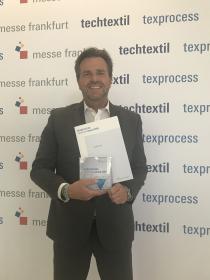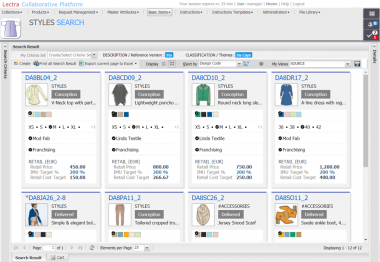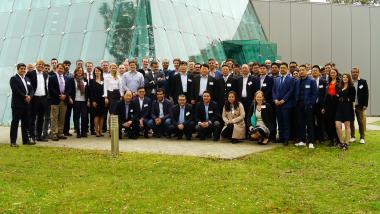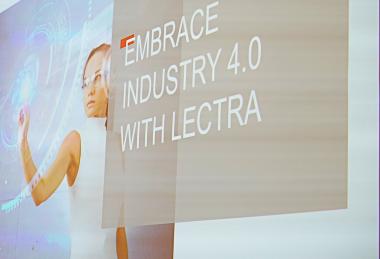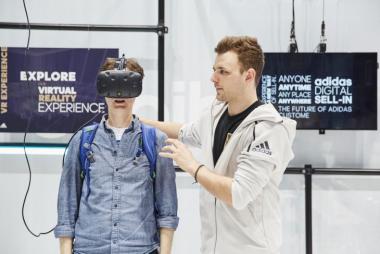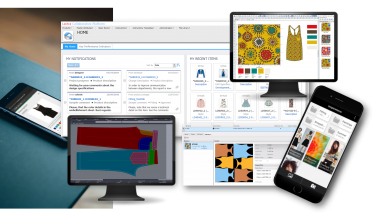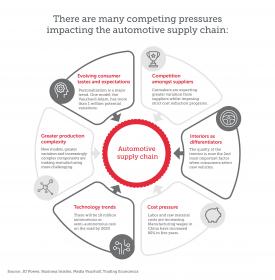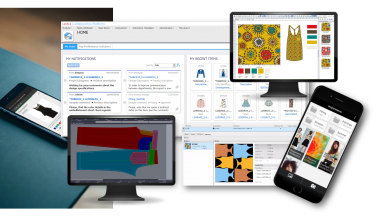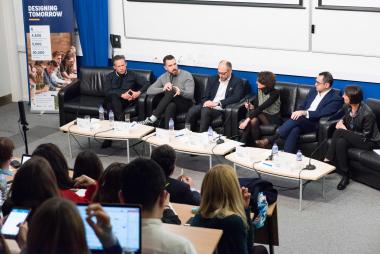With Modaris® V8R2, Lectra redefines the realism of 3D virtual prototyping
- This new version of Modaris speeds up the time to market for collections
Paris – Lectra launches Modaris® V8R2, the latest version of its patternmaking, grading and prototyping 2D/3D solution. This new version of Modaris, the most widely used modeling solution by leading brands in fashion and apparel, offers greater speed, efficiency and precision in product development. With its powerful 3D simulation and collaboration tools, patternmakers are developing patterns faster and speeding up their decision-making procedures. By reducing or eliminating physical prototyping, product development is less expensive and the time to market is as close as possible to trend detection.
To preserve and strengthen its position as a market leader of product development software, Lectra, with this upgrade of Modaris, is giving particular focus to 3D virtual prototyping. Patternmakers can now share with their partners, 360-degree videos, accessible on any device. Designers in response are able to visualize, comment, and approve the style and fit using the new 3D Style module.
New advances have made it possible to reduce the number of physical prototypes by up to 50%. Modaris V8R2 improves the quality of the solution’s 3D simulations and expands its library with new assets (fabrics, 3D top-stitching effects, realistic scenes, lighting studios, Pantone® and Natural Color System®©,…). The solution is now compatible with Vizoo, a high-quality scanner that brings forth a heightened realism to the appearance of fabric swatches, and with other 3D solutions such as Maya, 3DS Max, Iray to make the digital renderings of the prototypes more true-to-life and accurate.
One of the innovative developments of Modaris V8R2 is a special dart feature to help patternmakers add dimension to their garments with ease. Thanks to this new feature, modifying a dart requires half the usual time, resulting in a 50-90% increase in overall patternmaking speed.
Another highlight of this solution, and important nod to the globalized workforce of the fashion industry, is its ability to manage different units of measurement. With Modaris V8R2, Lectra has made it possible for patternmakers and external suppliers the guarantee of size compliance, regardless of the measurement systems used in the countries where production occurs.
Modaris V8R2 is already gaining traction among its pilot customers. Italian womenswear company GGZ was the first to endorse Modaris V8R2. “GGZ is a fast-fashion company and time and quality are of the essence for us. Modaris’s new dart feature helps us save up to 50% of pattern modification time. Additionally, 3D prototyping helps us ensure that pattern volumes and proportions correspond to our designers’ expectations early on, dramatically reducing our lead times,” attests Majla Gottardo, Patternmaker, GGZ.
“We are entering the information age, and we are catering to patternmakers who are dealing with consumers with different tastes, of all body shapes and sizes. Our patternmakers have hundreds of collections to deliver and no time to spare for errors. What we are aiming to do is making their everyday work environment easier for them, by providing the tools to streamline the development process and reduce the number of reworks to achieve the right fit the first-time,” states Céline Choussy, Chief Marketing & Communications Officer, Lectra. “All this is possible with Modaris V8R2.”
Lectra Headquarters / Press Department




